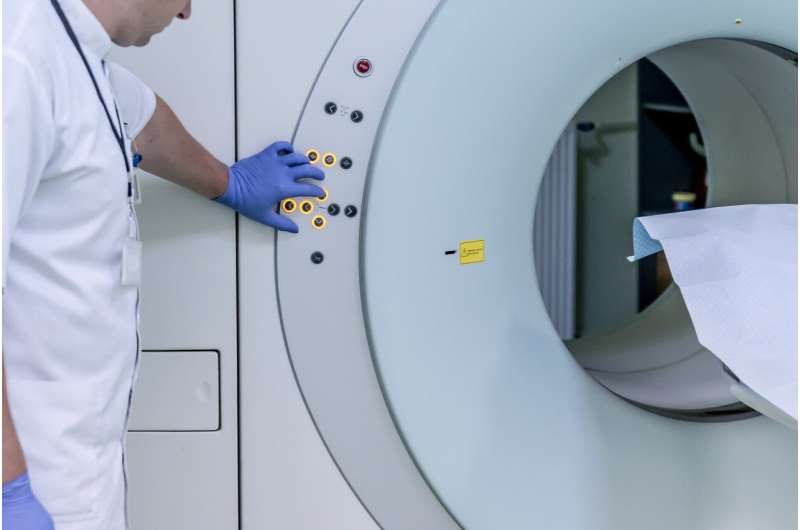FDA-Approved Drug Shows Promise in Treating EBV-Related Lymphoma by Targeting Cancer Pathway

A new study reveals that FDA-approved PARP inhibitors can effectively treat EBV-driven lymphomas by disrupting viral gene activation, offering promising targeted therapy options.
Researchers at The Wistar Institute have discovered that existing FDA-approved cancer drugs called PARP1 inhibitors can effectively combat lymphomas driven by the Epstein-Barr virus (EBV). Published in the Journal of Medical Virology, this breakthrough reveals that these drugs, which inhibit the activity of the PARP1 enzyme, can stop tumor growth by preventing the virus from activating genes responsible for cancer development.
Dr. Italo Tempera, senior author of the study, explained, "We’ve identified a novel mechanism of how PARP inhibitors work in EBV-positive cancers. Rather than just repairing DNA damage, these drugs interfere with the virus’s ability to hijack cellular machinery for cancer promotion, opening doors for repurposing approved drugs as targeted therapies."
EBV infects over 90% of the global population. While most remain asymptomatic, immunocompromised individuals, such as those with HIV or transplant recipients, are at increased risk for EBV-related cancers like lymphomas and carcinomas. Despite EBV’s role in these malignancies, there are no current therapies specifically targeting EBV-driven cancers.
The team’s focus was on PARP1, a protein known for its role in DNA repair but also a regulator of gene activity. In EBV infection, PARP1 helps control the expression of cancer-promoting genes. Blocking PARP1 with a drug called BMN 673 (talazoparib), already approved for breast cancer, significantly reduced tumor growth in mouse models—by up to 80%—and diminished the cancer’s spread.
Importantly, the treatment disrupted the interaction between EBV’s EBNA2 protein and the cellular oncogene MYC, which is pivotal in cancer development. By inhibiting PARP1, EBNA2 could no longer effectively activate MYC, causing the cancer-promoting processes to collapse.
Given that PARP inhibitors are well-characterized and FDA-approved, this research accelerates the pathway toward clinical trials for EBV-associated lymphomas. The findings also suggest potential applications against other EBV-related cancers, including nasopharyngeal and gastric carcinomas, as well as possible links to autoimmune diseases.
"Understanding viral-host interactions at this level allows us to develop targeted therapies from basic research. This approach offers new hope for patients with limited treatment options for EBV-related cancers," stated Dr. Tempera.
Source: https://medicalxpress.com/news/2025-07-fda-drug-halts-epstein-barr.html
Stay Updated with Mia's Feed
Get the latest health & wellness insights delivered straight to your inbox.
Related Articles
Reducing Energy Waste in CT Scanners: A Sustainable Step Forward
Innovative research shows that turning off surplus CT scanners during off-hours can significantly reduce energy consumption in hospitals, contributing to more sustainable healthcare.
Innovative 3D-Printed Scaffold Paves New Path for Spinal Cord Injury Recovery
A novel 3D-printed scaffold combined with stem cell therapy shows promising results in repairing spinal cord injuries and restoring nerve function in preclinical studies.
Epigenetic Markers and Tumor Aggressiveness in Pediatric Burkitt Lymphoma
New research reveals that epigenetic profiling of Burkitt lymphoma helps distinguish between tumors with better or worse prognosis, leading to potential tailored treatments for pediatric patients in developing regions.
New Research Reveals GADD45A Protein's Role in Preventing Heart Failure
Emerging research identifies the GADD45A protein as a key factor in preventing cardiac hypertrophy and heart failure. Boosting GADD45A activity may offer new therapeutic avenues for heart disease management.



